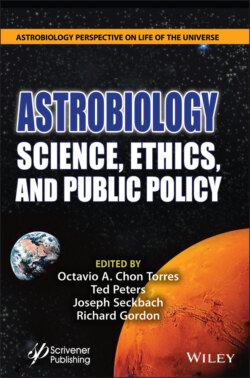Читать книгу Astrobiology - Группа авторов - Страница 34
2.3.3 Should Astroethicists Adopt the Precautionary Principle?
ОглавлениеEarth’s ecologists are used to debating and embracing the precautionary principle. Might astroethicists borrow it? The astroethical principle might look like this: when in doubt, protect off-Earth life in its respective biosphere [2.65].
The so-called Wingspread definition of the precautionary principle was formulated at the 1998 United Nations Conference on Environment and Development: “When an activity raises threats of harm to human health or the environment, precautionary measures should be taken even if some cause and effect relationships are not fully established scientifically” [2.86]. In this context the proponent of the process or product, rather than the public, should bear the burden of proof.
When space scientists and ethicists met at Princeton for a COSPAR workshop in 2010, they embraced a variant formulation: “we define the precautionary principle as an axiom which calls for further investigation in cases of uncertainty before interference that is likely to be harmful to Earth and other extraterrestrial bodies, including life, ecosystems, and biotic and abiotic environments” [2.19]. In sum, employment of the precautionary principle for space exploration provides the kind of middle axiom that connects the larger value of life with practical policies that facilitate off-Earth explorations.
